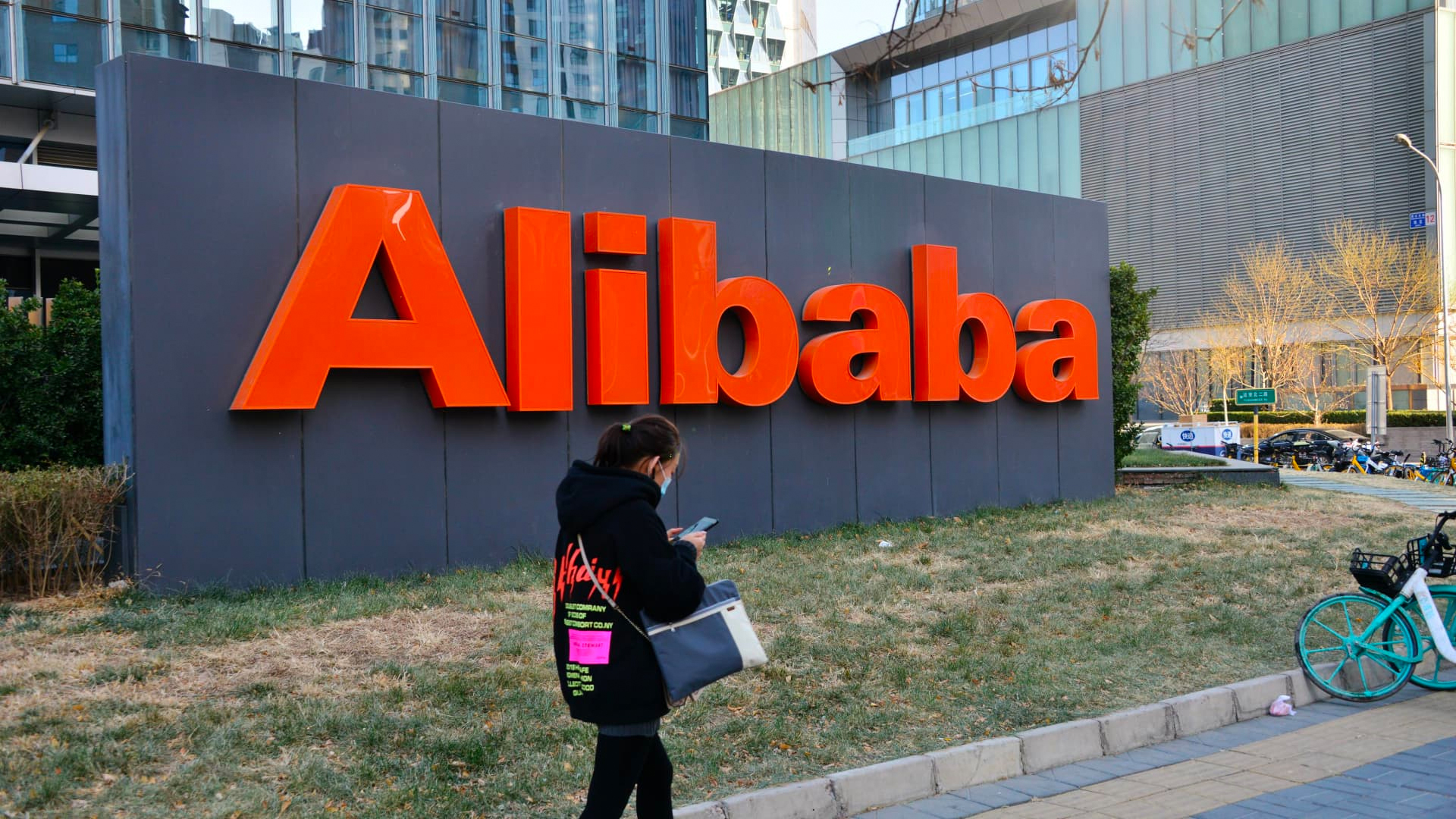Alibaba Group has agreed to sell its majority stake in China’s largest hypermarket operator, Sun Art Retail, at a steep discount, as the tech giant shifts focus back to its core e-commerce business amid rising competition.
Alibaba disclosed in a filing Wednesday (January 1) evening that it will sell its 73.7 per cent stake in Sun Art to private equity firm DCP Capital at HK$1.75 per share.
This price is significantly below the HK$2.48 closing price of Sun Art’s shares earlier that day.
The sale is expected to generate up to $1.7 billion in gross proceeds but will result in a loss of RMB 13.2 billion ($1.8 billion) for Alibaba shareholders.
The company first invested in Sun Art in 2017 and took majority control in 2020 in a $3.6 billion deal. The investment was part of a broader strategy to integrate online and offline retail under a “new retail” model, Financial Times reported.
However, the initiative struggled due to the pandemic and slowing consumer spending in China.
Alibaba struggles to keep up with competition
This marks Alibaba’s second major divestment of brick-and-mortar assets in less than a month. In December, the company sold Intime Retail Group, a department store chain, to a consortium for $1 billion, less than half of what Alibaba originally paid for it.
The rapid exits from Sun Art and Intime show Alibaba’s urgent effort to streamline its operations and focus on its e-commerce business.
The Hangzhou-based company, a leading player in China’s vast e-commerce sector, has faced stiffer competition in recent years as its rivals surge and consumers look to cut costs.
Impact Shorts
More ShortsAs a result, the company has sought to shore up efficiency, partly by shedding nonessential assets.
Founded by entrepreneur Jack Ma in 1999, Alibaba launched the biggest restructuring in its history last year, splitting the group into six distinct entities.
Alibaba described the sale as an opportunity to “monetise non-core assets and redeploy proceeds to focus on developing its core businesses and enhancing shareholder returns.”
In November, Alibaba announced plans to merge its domestic and international e-commerce operations into a single unit under CEO Jiang Fan. The company still holds smaller stakes in other Chinese retailers, including Suning.com, and is restructuring its grocery chain Hema to boost profitability.
With inputs from agencies
)